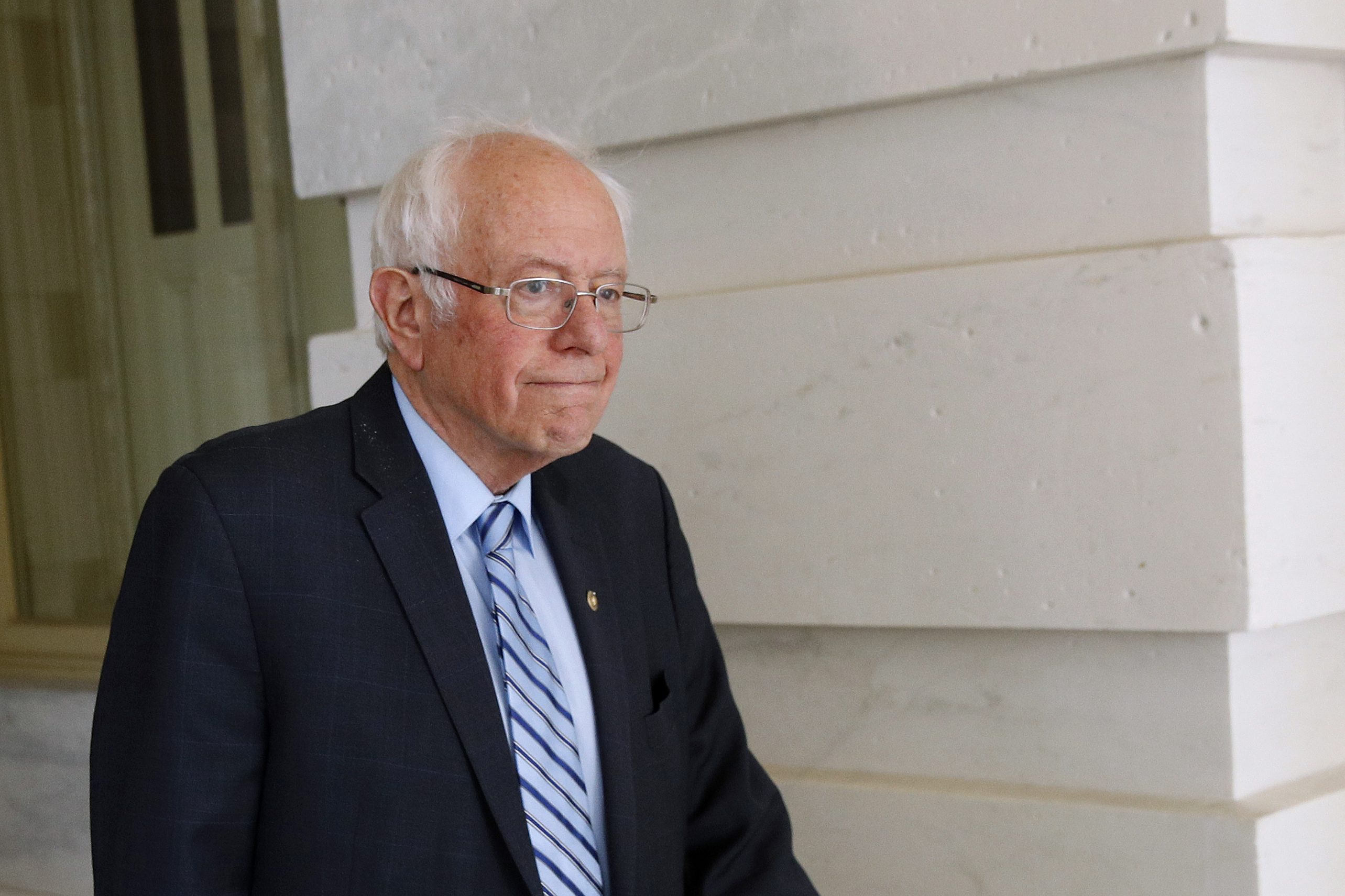Editor's note: Andrew Korybko is a Moscow-based American political analyst. The article reflects the author's opinion, and not necessarily the views of CGTN.
Republican Congressman Jim Jordan of the House Oversight committee and some of his party allies from the armed services, education, homeland security, intelligence and foreign affairs, and science committees sent a letter to Secretary of Education Betsy DeVos complaining about what they claimed was China's indoctrination of American university students. It also accused the People's Republic of China of trying to impede their institutions' research into COVID-19.
The second claim is absolutely absurd and was likely included solely for the purpose of attracting international media attention to their primary allegation that the U.S.' perceived rival is supposedly indoctrinating American university students with the funds that it provides to their schools.
That's an absolutely false accusation if there ever was one since millennials' rising sympathy towards socialism is attributable to several entirely domestic explanations that have nothing whatsoever to do with foreign meddling.
For starters, this trend was already observable over a decade ago after people in this age group found themselves unable to receive proper employment after graduation due to the 2008 financial crisis.
In addition, there was such widespread opposition to the government's bailout of the banks at the expense of providing support to the newly impoverished masses that the Occupy Wall Street movement was launched a few years later in 2011, which did more to promote the socialism in America than any other event in history.
It should be kept in mind that all of this happened before Trump's election and the U.S.' official designation of China as one of the country's "great power competitors" in its 2017 national security strategy.

Senator Bernie Sanders departs Capitol Hill in Washington after the Senate passed a second coronavirus response bill, March 18, 2020. /AP
Many conservative critics are generally of the belief that last year's polling data from Gallup indicating that "Socialism as Popular as Capitalism Among Young Adults in U.S." is attributable to the lasting legacy of the 1960s' "Sexual (Cultural) Revolution" and its subsequent so-called "long march through the institutions."
Forbes contributor Rainer Zitelmann alluded to this in his February 2020 piece titled "Anti-Capitalism on U.S. University Campuses: 'The Culture War is Fought Dirty'" when he cited others' work about how "liberal professors and researchers outnumber conservatives nearly 12 to 1." In fact, according to the writer, "Depending on the department, this disparity could be as great as 33:1."
Quite clearly, this process was already well underway for decades before the U.S. began to regard China as a rival.
Some political theorists, however, point to Lenin's famous 1917 work about "Imperialism, the Highest Stage of Capitalism" to make the case that the U.S.'s neo-imperialist expansion across the globe at the end of its Cold War with the former USSR resulted in such growing socio-economic contradictions within American society that widespread support for socialism was inevitable. They believe that this was bound to happen sooner or later, and are cautiously optimistic about its prospects for success.
Socialism is no longer as taboo in U.S. society as it once was owing also to Bernie Sanders' hugely popular campaigns for president that energized his majority-youthful base and showed the rest of the country just how many of them vehemently support his ideology.
The Democrat candidate has since suspended his latest campaign, but he said that he'll work with front-runner Joe Biden to incorporate many of his socialist-inspired policies into the latter's platform. This speaks to how widely accepted socialism has become among many.
That said, socialism is still extremely controversial since roughly half of the country is strongly opposed to it, and it's these folks that Trump's GOP allies want to galvanize ahead of this November's vote.
Instead of simply accepting that the rapidly rising support of socialism in America is entirely due to domestic conditions, it's much more "politically expedient" for them to blame this all on China since they can then accuse a broad swath of the rival party's voters of being under so-called "foreign influence" in the event that the incumbent loses.
(CGTN)
 简体中文
简体中文





